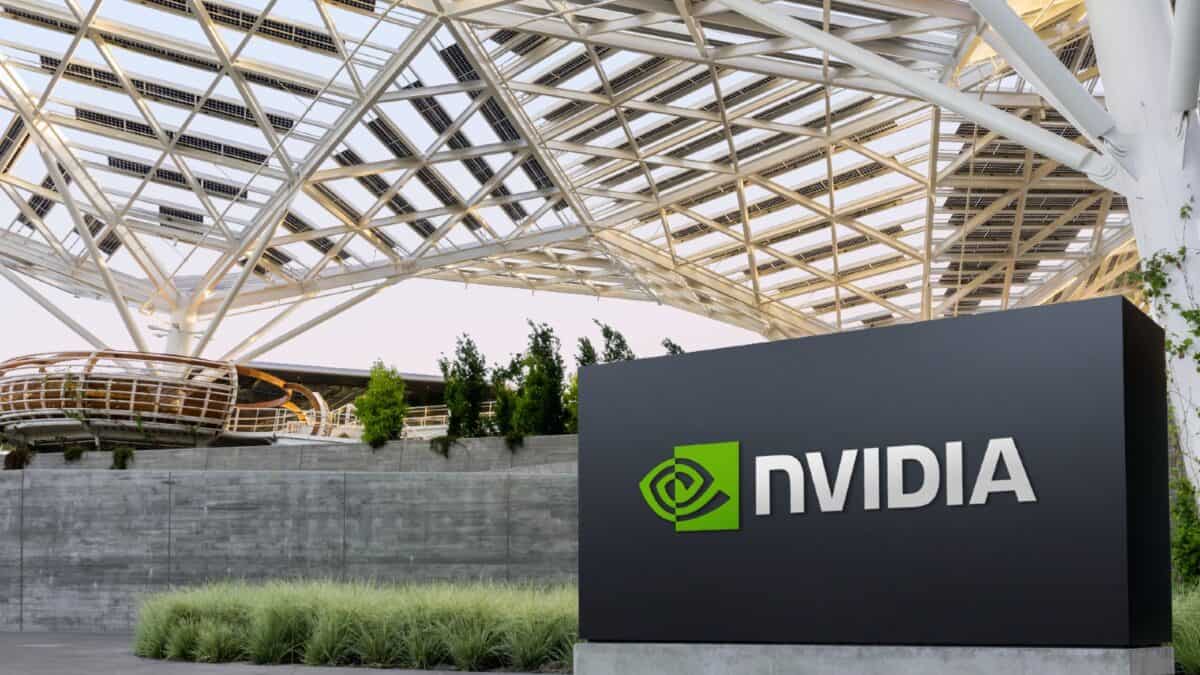Back in 1999, when people wanted to find shares to buy that might benefit from the potential of the Internet, many of them put their money into almost any share that even mentioned the internet in a press release.
At the time, a lot of commentators called a bubble. There is no way Amazon is worth over $5 a share, they said: it is bound to fall.
They were right – fast forward a couple of years and Amazon stock was selling for pennies.
Passive income stocks: our picks
Do you like the idea of dividend income?
The prospect of investing in a company just once, then sitting back and watching as it potentially pays a dividend out over and over?
If you’re excited by the thought of regular passive income payments, as well as the potential for significant growth on your initial investment…
Then we think you’ll want to see this report inside Motley Fool Share Advisor — ‘5 Essential Stocks For Passive Income Seekers’.
What’s more, today we’re giving away one of these stock picks, absolutely free!
Fast forward a couple of decades, and, well… no need to rub it in if, like me, you did not buy and hold Amazon shares.
AI: is history repeating itself?
A couple of decades may sound like a long time to wait.
As a long-term investor, though, I recognise that that is where serious money is made. As the late Charlie Munger said, “the big money is not in the buying and the selling, but in the waiting”.
At the moment there is a lot of chatter about whether AI-themed investing is a stock market bubble. Can a share like Nvidia (NASDAQ: NVDA) really merit the share price increase of over 2,700% it has seen in the past five years?
Maybe, as in 1999, looking at an individual share and making fun of its share price is not the best way to get rich.
What if, while many companies fall by the wayside, AI goes the way the internet did: it moves from an idea to a massively profitable business area, and some companies do phenomenally well out of it?
Picking the winners
Back, then, to the question of which shares to buy – and when?
It is easy to get bogged down in the fog of excitement as a new investing theme emerges. But investing is investing. Some basic principles matter, I reckon.
Long term, Nvidia is exactly the sort of AI share I would happily own.
Why? In a gold rush, the old adage goes, the man who makes money is the one who sells shovels. For Nvidia to do well, one version of AI does not need to prove itself over another, as is the case with some end users of its products. Rather, as companies invest in AI capabilities, companies like Nvidia that provide the backbone of the technology ought to see strong sales.
That is true of various chipmakers. But I like Nvidia more than most because it has already proven its business. In its most recent quarter, the company’s revenues were $30bn, more than double the same quarter last year. Net income was a mammoth $16.6bn.
Sure, Nvidia faces challenges, from an uncertain rollout of AI beyond the initial excitement, to sophisticated rivals trying to eat its breakfast.
On top of that, its current valuation and $2.9trn market capitalisation look overblown to me (just as Amazon’s did in 1999).
But if the valuation becomes more reasonable, Nvidia would be top of my list of shares to buy to try and help my portfolio benefit from the long-term prospects of AI.
My approach is picking proven, profitable companies with scale and competitive advantages then waiting for an attractive share price to buy.








